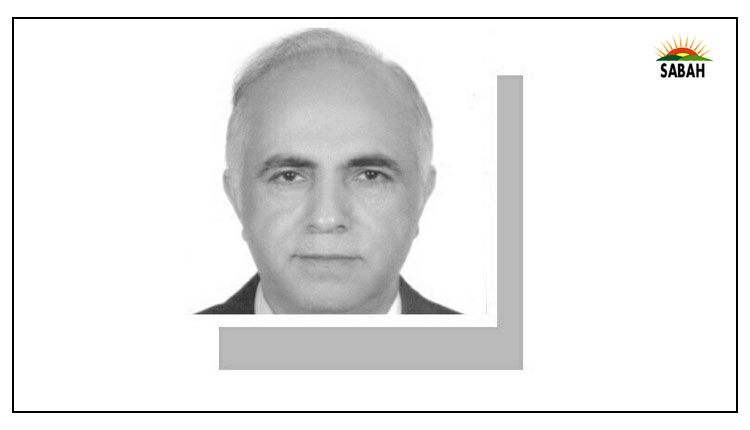Words vs works … Jan-e-Alam Khaki
MUSLIM-majority societies in general, and South Asian Muslim societies in particular, face numerous conflicting issues with regard to everyday life. These admittedly are very complex problems, which do not lend themselves to easy solutions. This article will focus on what the writer thinks is a major issue and its possible solutions. This issue may be seen as the vast difference between the words we profess (ideals), and the works or actions we demonstrate (realities) in daily life.
Muslim-majority societies are quite proud of having a great religion, great people, a great culture, a great ethical system, etc. Indeed, we may be great in many ways, as we claim. Nonetheless, what needs to be noted is that a nation or a community becomes great not necessarily by claiming greatness, but through evidence on the ground. No society is perfect; that is a given. But what is not a given is the huge difference between our words and actions.
In so many surveys, we always stand near the bottom — whether it is corruption, security of life, respect for human rights, or religious freedom. Despite our claims to greatness, in our daily lives — on the streets, in our offices — we tend to show less than ideal conduct. Look at the way the public has encroached on the roads, public thoroughfares, markets, shopping plazas. The most agonising indiscipline is seen on the roads everywhere — in both rural and urban settings. Breaking basic traffic laws and discipline is seen as a mark of pride, though all suffer.
We are indeed very good at upholding and observing our religious or cultural practices, which include rituals, customs and attire that are supposed to show our religiosity. We are good even in almsgiving and philanthropy, but in practice, we tend to lack in ethical values, care and concern for the larger society, as required by our faith. Generally, I think a great many of us do not even think about these issues. Often, people say it is the rulers (only) who are corrupt, completely ignoring the fact that we — as common people — waste no time in making unethical choices.
In Islamic ethics, hypocrisy is condemned in strong words.
Moreover, I wonder where our leaders come from; do they fall from some other world, or do they rise from amongst us? Blaming our politicians, or bureaucracy, does not absolve us from the way we treat our society. Rich or poor, low or high, illiterate or educated, all seem to contribute to this mess. A beggar who does not need to beg but still does so is a corrupt human; a wealthy person feeding the cycle of corruption is corrupt; a blogger who disseminates fake news is corrupt.
If one moves through small or big bazaars, or tries to drive on the roads, one is amazed as to who is really corrupt! Wherever we — the common folk — can, we usurp the rights of others with impunity, and then blame the police or politicians. Not that they are angels, but perhaps we all compete in this corruption.
I think one particular issue plaguing society is the habit of showing off via actions that are symbols of piety, but that lack the spirit that qualifies one as a decent human being. The double standard is reflected well through recent stories of corruption and moral degradation even by those who belt out slogans of justice. It was their actions that betrayed them. Why, one wonders, is there so much gap between words and works, even by those who profess godly attributes, yet resist them so easily?
We need to undertake a rigorous scrutiny of our lives to understand which aspects require serious attention. It is clear that we need to pay attention to our actions, not so much to our slogans. Self-critique should lead us to focus more on good conduct, proving that actions speak louder than words.
In Islamic ethics, the contradiction between belief and action is called hypocrisy (munafiqat) — an act condemned in strong words. The Quran emphasises competing in good acts (fastabiqul khayrat), because “…the goal of you all is to Allah; it is He that will show you the truth of the matters in which ye dispute” (5:48). Rather than focusing on who is right we need to focus on what is right (action). Sometimes, people take refuge behind their religious garb to do all sorts of unethical things. This has led to tarnishing the name of religion.
No doubt there are countless very good people as well, doing marvellous things for society in their personal and professional capacity. There are people who always think of doing something good for others and society as a whole. There is no dearth of such people.
Let us, therefore, try to do what we can to make this society a little better with each passing day.
The writer is an educationist with an interest in the study of religion and philosophy.
Courtesy Dawn, March 15th, 2024












